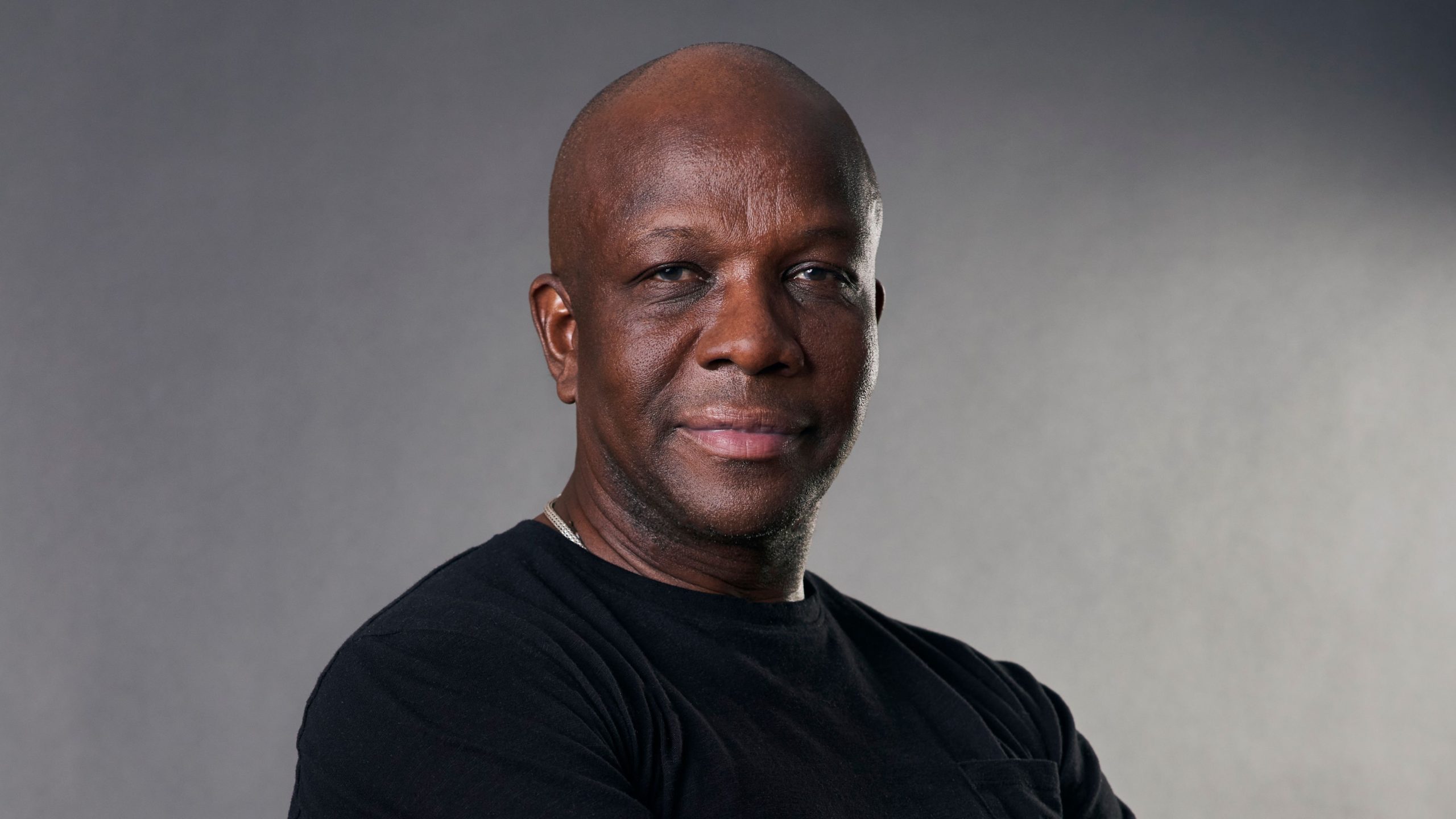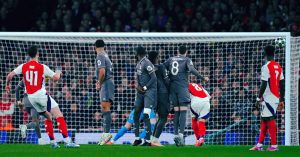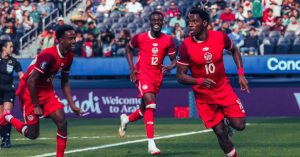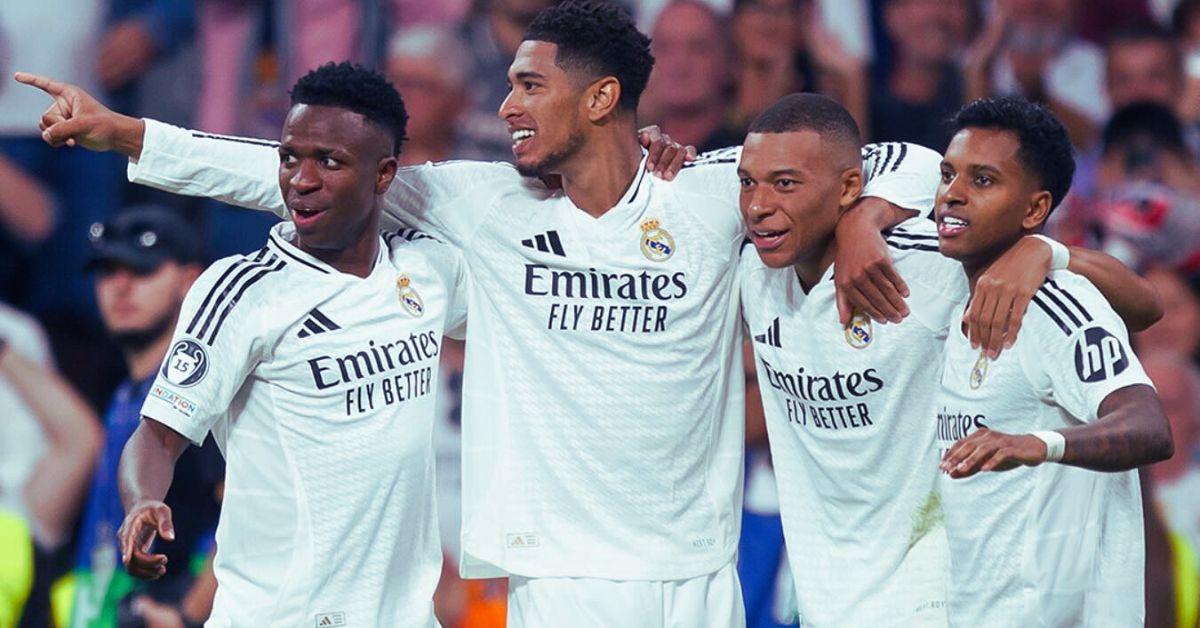In his new memoir, Undisputed, Jamaican-Canadian Olympian sprint legend Donovan Bailey details his life, how he learned to become a champion, and the lessons that shaped him on and off the running track.
When Donovan Bailey remembers the first time he truly fell in love with sport, he casts his mind back to when he was growing up in Manchester, Jamaica, surrounded by farms and mountains listening to his grandfather’s radio. Whether it was cricket, Muhammad Ali boxing matches or the Commonwealth Games, Bailey would sit transfixed for hours, curious, entertained by the words pouring out from the transistor. His family owned a black and white T.V., yet, it was what he heard on the radio – the emotional play-by-plays that made him feel as if he was right there on the field or finish line – and how it captured the spirit of competition that first hooked him into the world of sport.
“One of the awesome things about listening to a radio when you’re really tiny is that you can actually feel the energy and you can actually see it,” Bailey said. “Some of the incredible broadcasters that existed then, they could inject this feeling and give you an intense visual. I loved hearing the commentary. I also thought I could visualize the actual picture of it. So, it was incredible.”
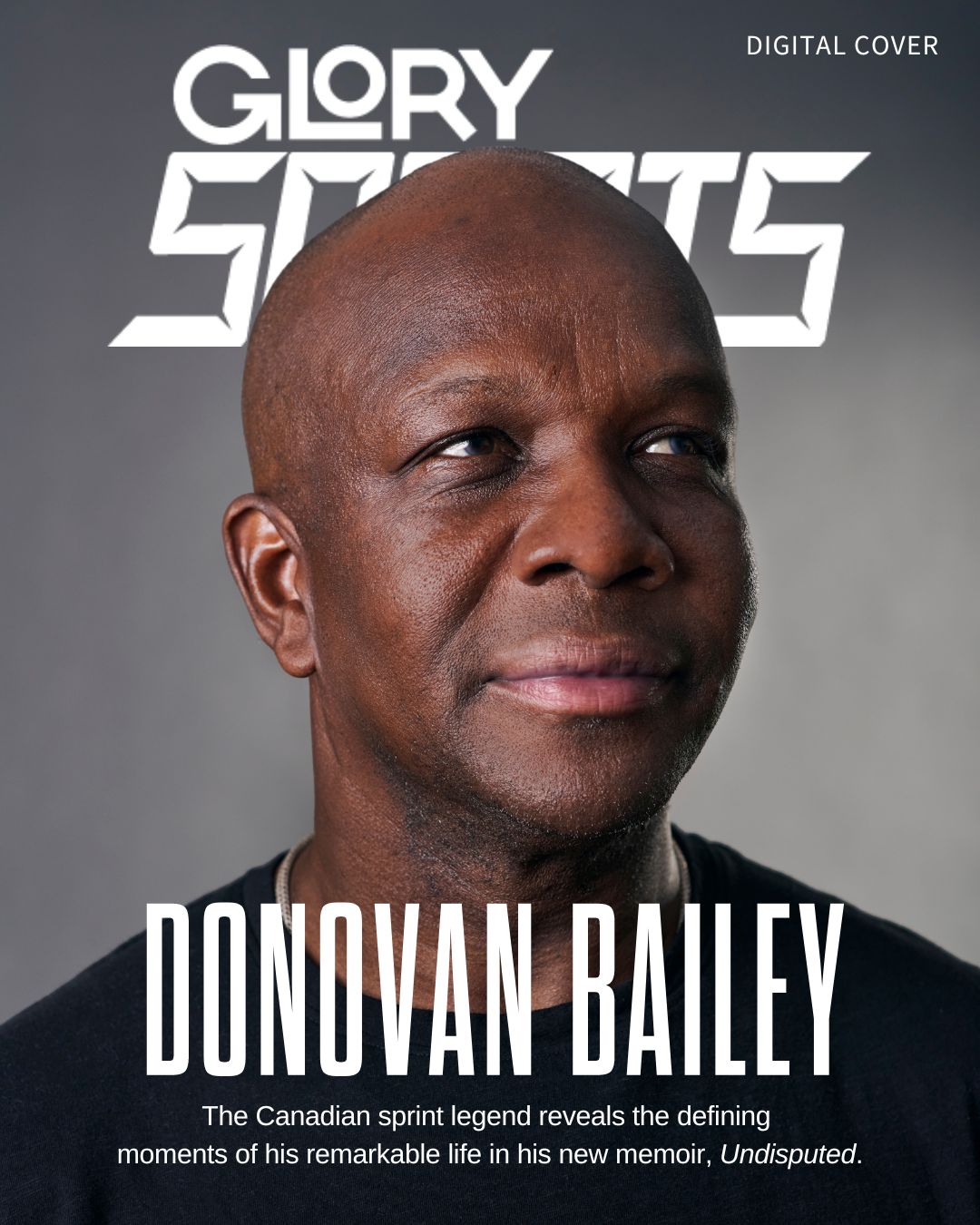

When Bailey was five-years old he ran his first track event. He wasn’t chasing greatness then but rather, he started to absorb the highs of winning and failure. He knew he wanted to win and loved the feeling of being on top. But losing felt different. All through his running career – from high school to turning professional – he stitched together his experiences, learned from them, and ultimately paved his own way toward becoming a champion athlete.
On Tuesday October 31, Penguin Random House will publish his memoir “Undisputed”. It’s an homage to both the lessons he learned as a child, the support system he had from his parents to allow him to become the best version of himself and also to celebrate becoming an all-time sprinting champion.
Those who have followed Bailey’s sprinting career will know the wide-ranging stories that have been told about his life, like the break-through Atlanta gold medal in 1996 and the rivalry between U.S. sprinter Michael Johnson. How injuries almost derailed his trajectory early in his career – bone spurs, hamstring tears, torn quadricep. On the Detours podcast by Glory Sports, Bailey, 55, spoke about how he built a champion’s mindset and placed no limits on what he could achieve by embracing growth.
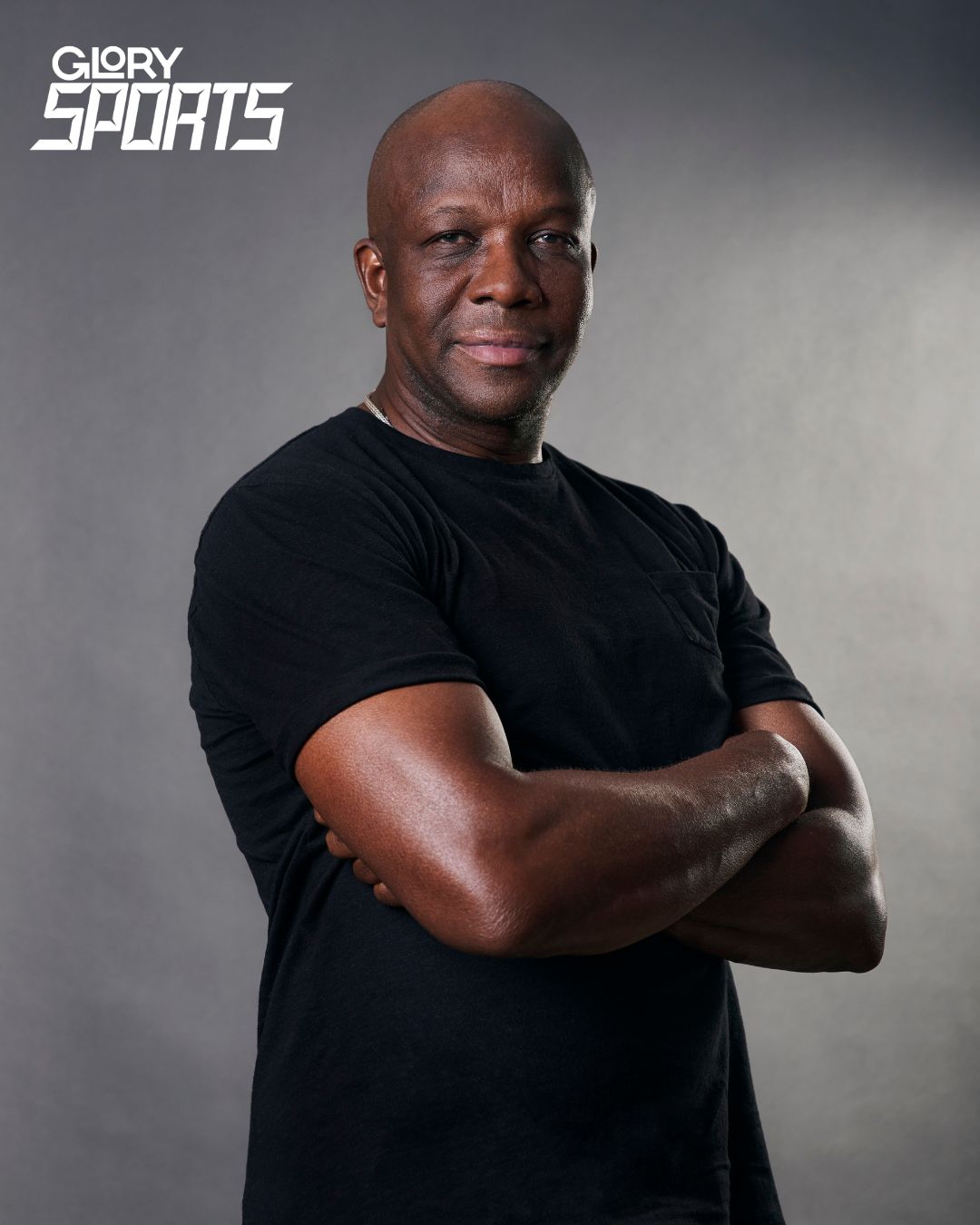

“Failure is not a word in my language. So whatever it is I pursue, I pursue it and I give it my all,” he said. “If there’s a 10% chance of winning or succeeding. I’m still going to bet on myself and I’m going to go ahead.”
In his memoir, authored by Bailey, he drills deeper into some of the adversity he faced more than ever before, what he learned from those experiences, and how it fueled him toward being a champion athlete. In 1991 he got scared seeing a full stadium at his first Pan Am Games held in Havana. Bailey says he got caught up in the glamour and thought about how he was going to celebrate after winning before the race started. As he learned, this was a humbling experience that proved to be a turning point for his career.
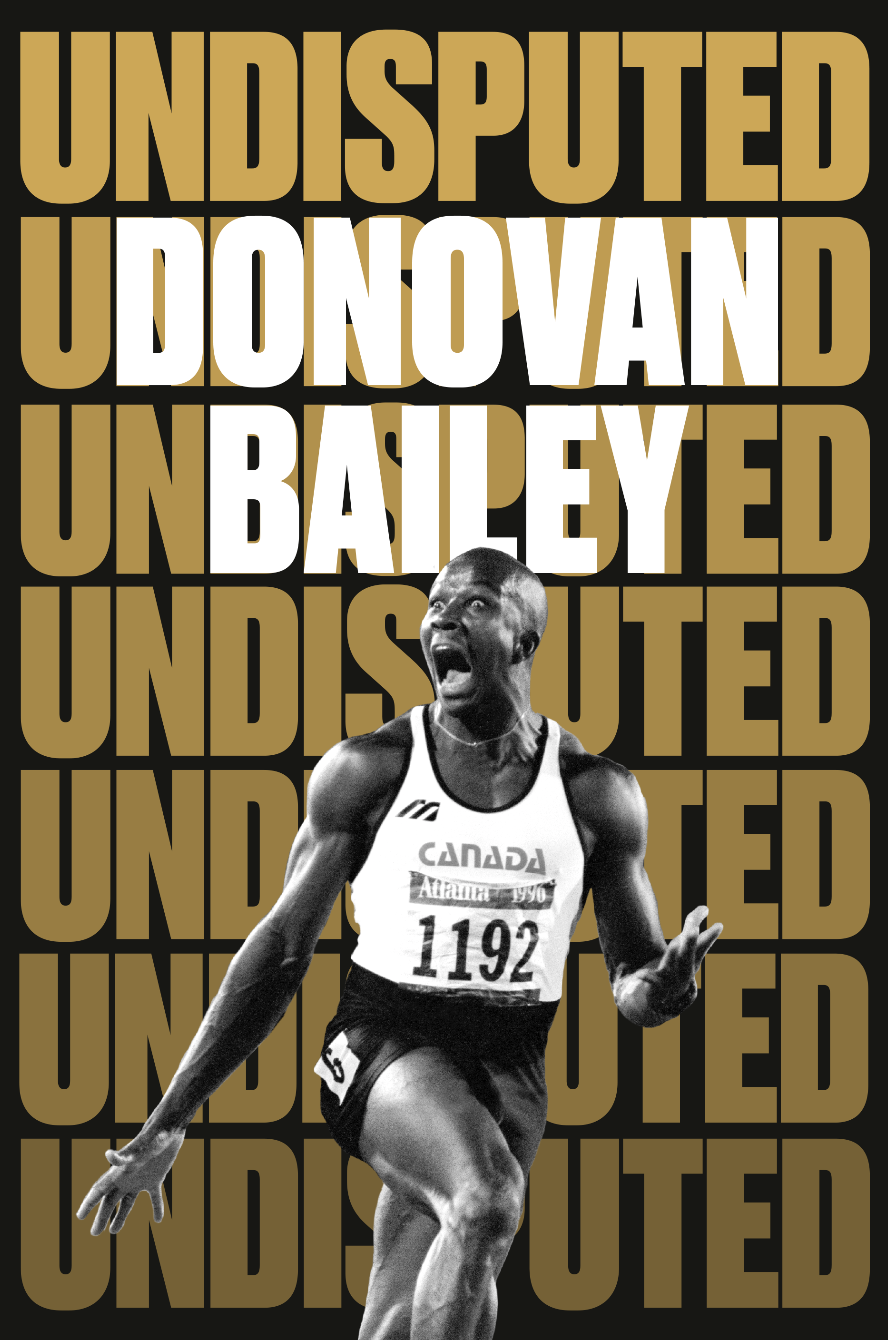

“I get on the blocks. I don’t fear these guys. I’m going to crush it. So with that being said, I got lost in the crowd and I was not good – I was not good at all,” said Bailey. “It was an incredible life lesson for me because when the race was over and I realized how many mistakes I made because I got lost in something and not focused on exactly what I’m supposed to be doing, I realized that I’m never going to have that opportunity again. I’m never going to be in that situation again and squander it.”
Bailey also writes about his strong relationship with his parents and how his mother taught him to stay patient by saying to him, “It’s just not your time yet” which is a mantra he’s adopted through sport but also in business. He writes about how his father gave him direction and the framework of how to be a young man which gave him the confidence to do anything and everything. He explains the value of having a support system and the impact that can have on a young man with big dreams.
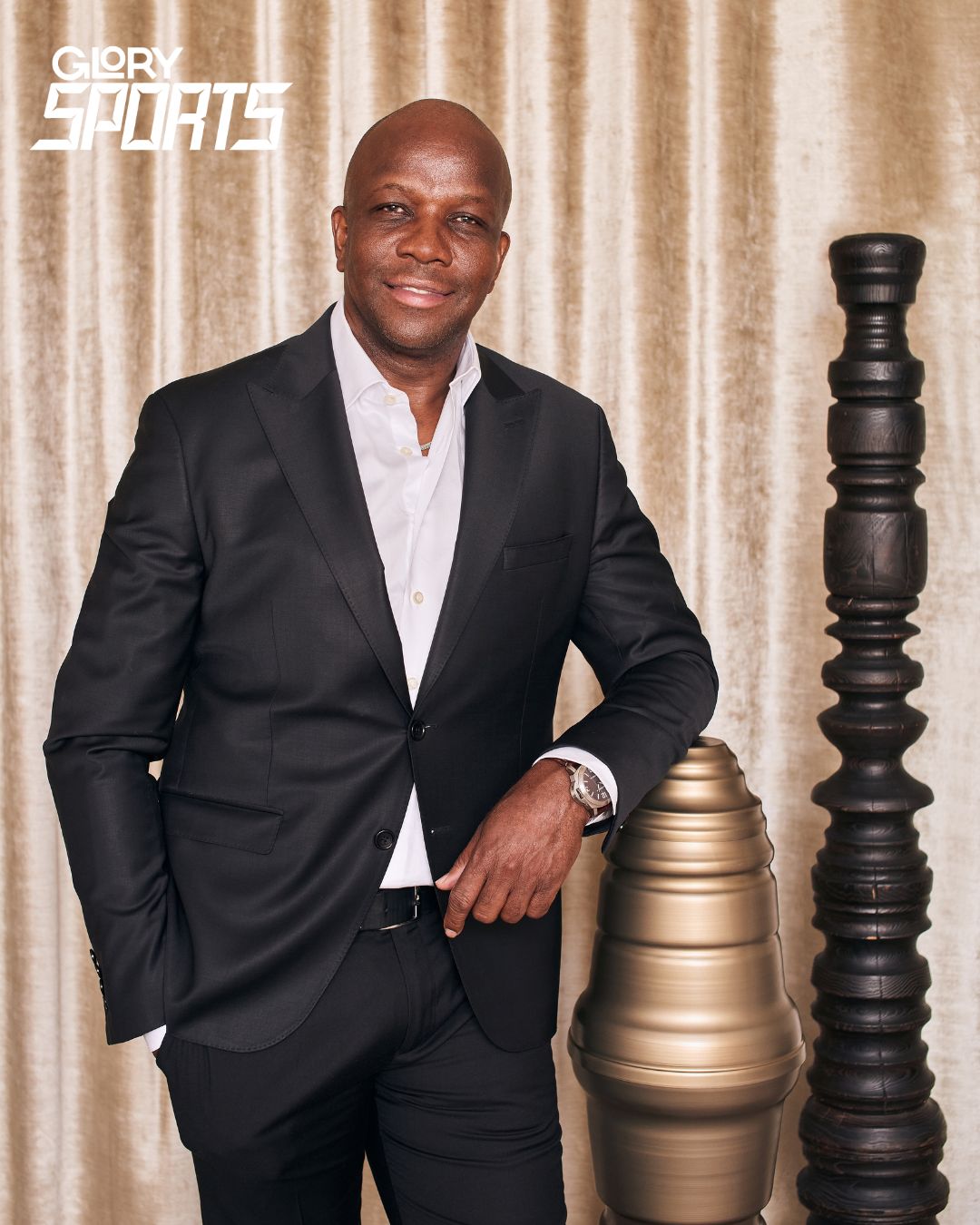

“I have an incredible relationship with my parents. The bottom line is I always talk about mentorship and support systems because if you do that with your kids, that kid knows that no matter what happens in life, they probably can come back home,” he said. “And so I know, although I was taught to be independent and taught to be on my own, the things that, the nuances, I guess, of being a parent or having such a great support system around me was that I knew I was loved. I knew I could challenge myself every day. And the two people that cared the most about me in the world were supporting me in anything I did.”
Many saw Bailey as a track champion. But he later used his winning mindset and business acumen to help amateur athletes find ways to promote themselves, built a sport injury clinic in Oakville and became a voice for CBC as an analyst at various world sporting events. He bet on himself off the track and over the years built his own personal brand, using the same ingredients he used as a champion sprinter: charting his own path to achieve a high level of success.
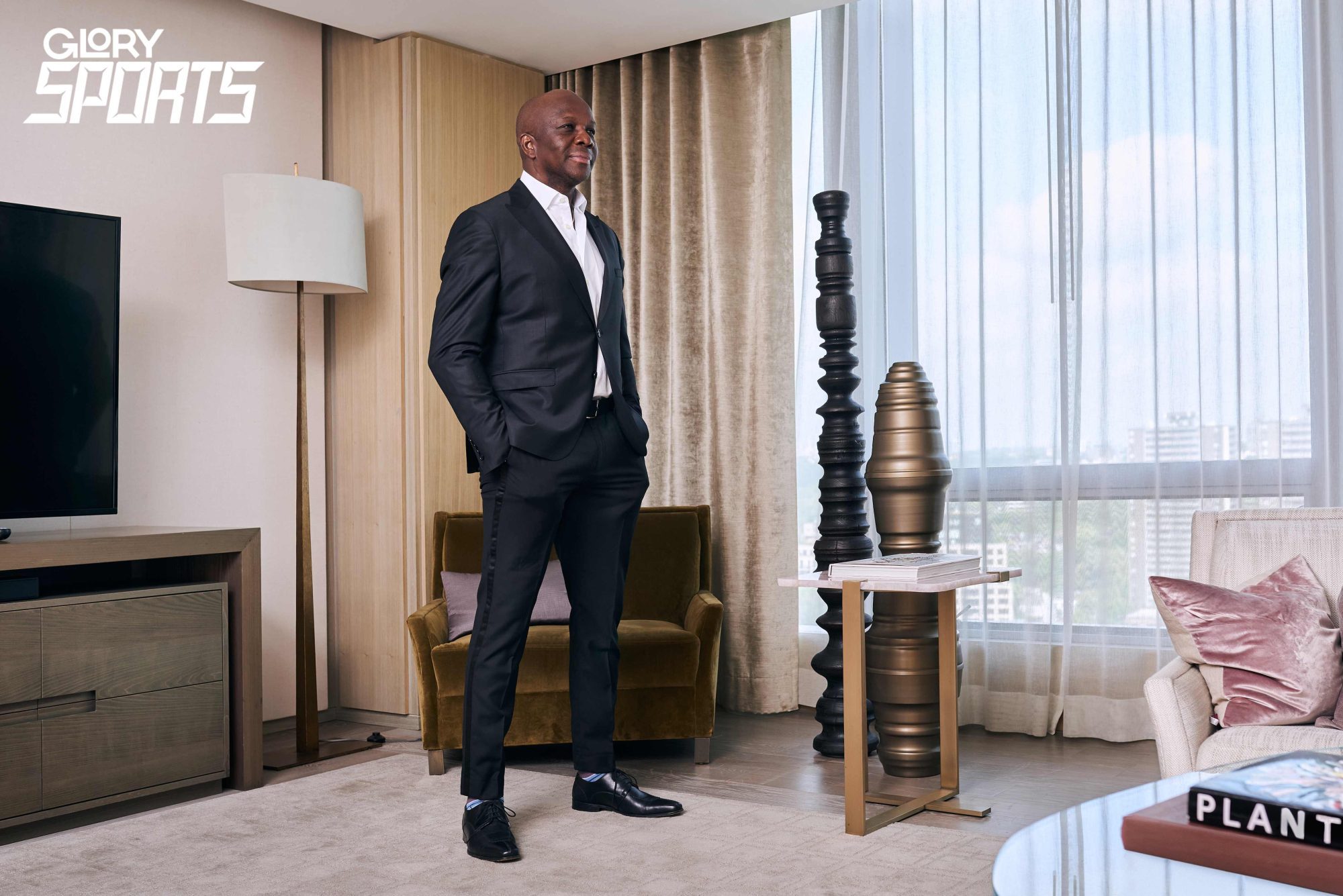

Bailey broke his way into the Canadian athletics scene without a clear route to success. He ditched the Bay Street life and his financial path in his twenties to pursue a dream in athletics with no guarantees of success. Ever since retiring from athletics in 2001, Bailey still remains one of Canada’s greatest athletes who’s been inducted into the Hall of Fame twice, who raced against American 200-metre Olympic champion Michael Johnson inside Toronto’s SkyDome and became an electric sprinter who, at 6-foot-1, didn’t come through the athletic system but found a way to the top of the sprinting world by learning how to be a champion.


